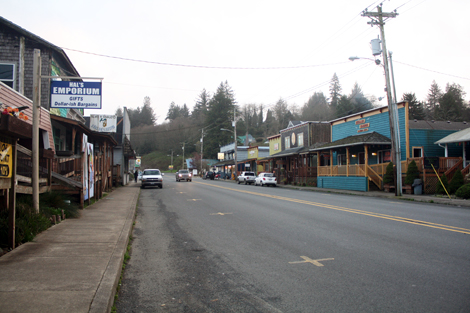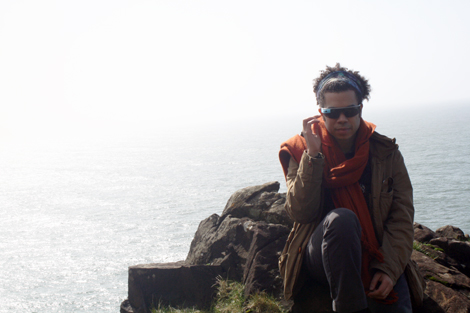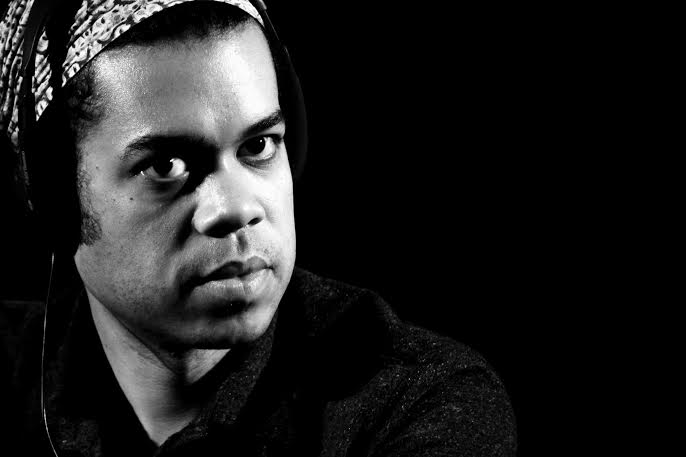In a boarded-up hotel along a windy country road, a couple dozen activists are gathered for a workshop. They are mostly women, and mostly over 40. The workshop is being held by Micah White, one of the instigators of Occupy Wall Street.
After the dust settled from Occupy, White packed up his bags in the Bay Area and moved here to Nehalem, a small town in one of the poorest counties in rural Oregon. Nehalem sits on the Pacific Coast, in the shadows of popular vacation destination Manzanita. But White isn’t here for a vacation, and he came to town with a mission.
The demise of Occupy left everyone with one question: “Now what?” Almost three years later, White is helping the founders of Occupy, US Uncut, and others to launch The After Party, a new political party on “a mission to restore democracy” and occupy the ballot box in time for the 2016 elections. How? By organizing statewide ballot initiatives, ousting corrupt officials, and encouraging everyday people to run for local and county offices.
Inspired by the success of Occupy Sandy organizing efforts, The After Party also seeks to turn communities into self-sufficient hotbeds of social action. White and the After Party team want to create what they call “mutual aid flash mobs,” citizen gatherings where people can do things like start a time bank, plant urban gardens, fix local roads, organize free healthcare clinics, and build tiny houses for the homeless. Nehalem, population 267, will be a test lab.

Could sleepy Nehalem, Ore., be ground zero for the next social change revolution?
White calls Occupy a “constructive failure.” Urban street protests, he says, only have a life cycle of about a month before their time is up. The encampments, the People’s Library, and the spirit of the general assemblies are all fun and games until everybody gets kicked out of the park. “It was magical thinking,” he says. For White, Occupy Wall Street challenged the core assumptions that activists have about how to achieve social change. “We believed that people’s assemblies were enough to gain political sovereignty. This turned out to not be true. To gain political sovereignty we must win elections.”

Amber CortesMicah White says Nehalem is “all about resilience and sustainability.”
White chose tiny Nehalem as his home base because, he says, social change movements like Occupy are too focused on urban environments: “I mean the urban areas, they coddle you and you become this large, comfortable child-egg baby. One of the things that’s nice about living here is that it’s terrifying to move here. People hunt; they have guns. They have floods here where you cannot leave for five days in a row. This place is all about resilience and sustainability.”
Rural towns are where it’s at for White, “a clean slate” for building real social change in places still reeling from the economic and environmental impacts of exactly what people were protesting during Occupy. Among his plans for Nehalem, White wants to start a food bank for veterans, convert vacant properties into housing for the elderly, and start a loyalty card program that keeps local prices low for residents and high for tourists.
And then there’s the boutique activism firm White’s started. The idea is to train activists and galvanize support for causes similar to online social and political movements like Avaaz.org and Purpose.com. But the difference is, his new venture is unabashedly for-profit. “Occupy Wall Street generated tremendous money,” says White. “This whole idea that activists should do it for free and all that bullshit is over. Like somehow I’m supposed to be a full-time activist and have zero income from it? It’s ridiculous.”
Ideally, though, he thinks everyday people can come up with their own solutions for big problems like climate change and access to local, healthy foods, not so-called experts. In Nehalem’s case, the locals already have a head start: The town is home to an innovative recycling and reuse center called CARTM, an off-grid farm, and a thriving farmers market, plus a land trust for young farmers is in the works.
The region is also rich with resources like timber, which is being trucked out every day by logging companies. Part of White’s plan is to take back these resources and give them to the people. “The people here are land rich and money poor,” says White. “We’re actually sitting on value and money and natural resources. We’re the rich ones.”




